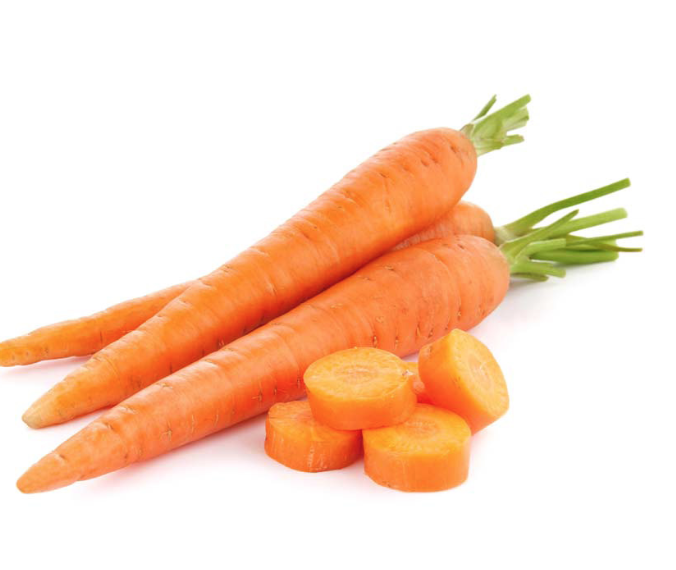Research conducted by UFV students was showcased alongside UFV’s involvement in the agricultural sector in the Fraser Valley region and B.C. on Friday, June 10. Held in the Student Union Building, the Cities & Food Conference, funded by the Queen Elizabeth Scholarship, featured UFV’s Agriculture Centre of Excellence (ACE) along with their various partner organizations and NPO’s, such as the Aga Khan University in Nairobi, Kenya, the Canadian International Development Agency (CIDA), and the Eminus academy.
Four students, Sierra Nickel, Jeremy Wagner, Josh Rempel, and Curtis Finley, presented their research projects, conducted in East Africa last summer, at the conference.
“I am so proud of those students,” said Cherie Enns, associate professor of geography, environmental science and the global development studies program. “I think that’s what undergraduate research or university should be doing is allowing students to research and then present.”
When asked for defining moments from their internships, three of the four students replied enthusiastically about their individual experiences with conducting research abroad.
“You learn about how to do research projects, but [while] being actually able to do something that’s never been done before and then writing a paper together,” said Nickel. “Being able to have your paper published in your third year undergraduate is an amazing experience — to be able to put that on your resume before you even graduate.”
Rempel stated that “the biggest one is being able to take the research project all the way from us thinking of something to do, making the surveys, and then actually executing the surveys. [It is about] being able to go through the entire process rather than just bits and pieces in a classroom setting.”
“Going over there I was anticipating on engaging with foreign issues, but what I kind of realized is that a lot of these issues are also happening within the Canadian context, albeit at different extents,” said Wagner. “So while engaging with these issues in Tanzania is for food security discourse in that region, I think that there’s a lot of transferability to how we can get by in the Fraser Valley and Canada.”
Enns reiterated her pride in these students, who were able to explore the greater world of international development and engage in the global discourse surrounding food security.
“I also really wanted to bring our partners to showcase who we are, but also so people here could hear them and listen to them and then showcase to them student research,” she said. “I feel like we’re doing everything we should, but at the same time, we’re interacting with experts, so I hope there’ll be some really strong outcomes from this event as well. I think this really speaks to UFV’s success as an institution, but it also speaks to their potential.”


